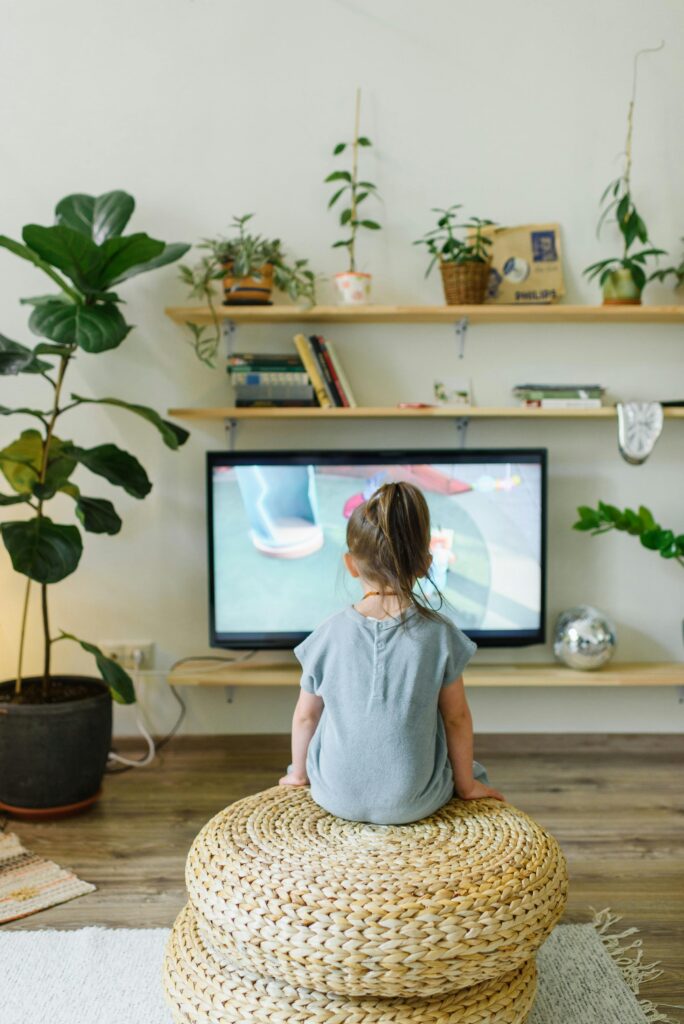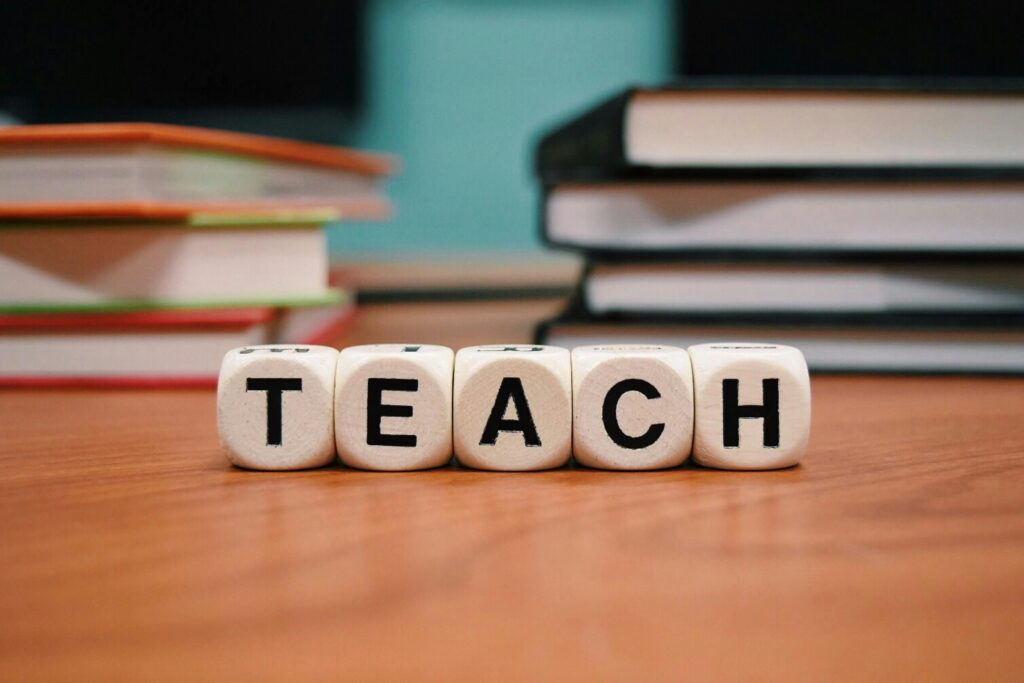
FAQ Exams
Do home-educated children have to do GCSEs?
No, home-educated children are not legally obliged to take any exams or work towards any formal qualifications.
So why did you do GCSEs with your children if they don’t have to do them?
Several reasons.
Firstly, I didn’t ever want my children to tell me they regretted being home-educated as it was holding them back in adulthood. I didn’t want them to say, “yes, we had fun as children, but now I’m in my twenties my options are severely limited.” I saw GCSEs as a means of giving them more options and choices in later life.
Secondly, we haven’t the means to set our children up for life. We don’t have a family business the children could work in and take over when they’re older. We haven’t a skill or trade to pass on that will enable them to earn a living. We can’t buy them a business or land or a home. Realistically, they’re most likely to be employees and many employers expect GCSEs, especially when employing a young person.
Thirdly, I wanted them to go to college when they were 16, simply because it seems like the best stepping stone between home education and the world of work. Whilst they could go to college to do a Level 2 (equivalent to GCSEs) I didn’t feel there was an advantage to that; why couldn’t they pass their GCSE exams at the same time as other children?
Fourthly, I discovered that GCSEs and iGCSEs are actually quite fun and interesting. By the time my children have started working towards them, they’ve outgrown the ‘free-range’ stage of wanting to play and run around all the time. They have quite enjoyed the structure and challenges of studying and more formal learning in their mid-teens.
How do home-educated children take GCSEs?
They have to sit exams as external candidates in an exam centre. It’s considerably harder (if not impossible) to find centres willing to accept coursework for GCSEs, so home-educated children normally sit GCSEs where there is no coursework component or iGCSEs (International GCSEs).
Will colleges, universities and employers accept iGCSEs?
IGCSEs are equivalent to GCSEs and should be recognised as such. In fact, pupils in private schools often sit iGCSEs instead of GCSES, indicating there is no great disadvantage to them. Four of my children have been accepted into local colleges with iGCSEs, one was given an apprenticeship with his, and two were later accepted to university with them.
Where do I find an exam centre?
Private schools may accept external candidates for a fee and some exam boards have an online map showing exam centres. Some companies (Tutors & Exams, for example) will hire a venue and offer exams to external candidates that way.
Do I have to pay and how much?
Yes, you do. The price really varies and it’s a good idea to ask around. The price in my area (Yorkshire) is normally around £200 per qualification, except Double Science which is approximately £400.
When should I contact the exam centre/private school?
Many centres have this information on their websites. They will normally say when applications open, the deadline for applications (after which a ‘late fee’ may be charged on top of the normal fee), and if they are full or won’t accept more applications.
If you are approaching a private school and there is no information for external candidates on their website, it’s best to email their Examinations Officer directly and ask if they accept external candidates and when/how to apply.
There is massive variety between centres, I’ve just submitted applications for my daughter to sit exams next summer (it’s October) at one local private school, while another doesn’t open for applications until December, so it’s best to be prepared and plan in advance.
Aside from money and an exam centre, what do you need?
A valid form of identification, normally a passport, along with a recent photograph of your child. One exam centre I’ve used wanted two forms of id – a passport and a birth certificate. Usually there’s an online form to fill in where you need to give the subject, exam board, course number, qualification being taken etc. And, if your child has taken exams previously they’ll have a Unique Learner Number (ULN) which will be asked for.
What about equipment?
You have to provide equipment, including calculators, and any (unmarked) books allowed for open book exams. Oh, and your child won’t be allowed to take their phone, watch, calculator case etc into the exams to prevent cheating.
When do your children take their exams?
I’ve always aimed for them to have finished their GCSEs/iGCSEs by the age of 16, so they can go to college and start Level 3 (either A’ Levels, Level 3 BTEC or TTEC) with their school-going peers.
I’ve found it really helps to stagger their exams, so they take one or two in each exam season, rather than all of them in one go. GCSE exams can be taken in May/June, although retakes can also be taken in November. Pearson iGCSEs can currently be taken in November or May/June. I’m not sure what other exam boards are offering beyond the summer exams for iGCSEs.
My children normally sit their GCSE and iGCSEs over two or three years, some in summer and some in Autumn. I’ve found they prefer taking a few subjects at a time.
How many GCSEs and iGCSEs did your children take?
When I started home-educating, the benchmark Ofsted used to assess schools was what percentage of children left the school with 5 GCSEs grades A-C, including English and Maths.
Based on that, I set myself the target of getting my children at least 5 GCSEs/iGCSEs, including English and Maths, and that they get at least a C in each. However, most of my children have taken more than 5 subjects at GCSE and they’ve got a range of grades, from 9 to 4.
What subjects did your children take?
A current target set by the government is that all children in school get at least a 4 in Maths and English, and if they don’t then they resit in college/sixth form until they do (if they never achieve this after many resits, there are other options in the form of numeracy and literacy qualifications).
For this reason, my children have done Maths iGCSE and English Language iGCSE – just so the box is ticked and they can move onto Level 3 smoothly. It’s important to note that iGCSE English Literature doesn’t ‘count’ as an equivalent to English GCSE, but iGCSE English Language does.
Due to a recent demand for Science by some local colleges, my children have also taken at least one iGCSE in a Science. Some did the three sciences separately, others did Double Science, and my daughter with dyslexia did Human Biology (I knew she’d find that interesting and she’d really struggle with Chemistry and Physics).
I’ve also sat down with each child to discuss what else they’d like to study. For example, one son really loved History, so that was a natural choice for him. It really is a matter of looking into it and deciding what your children will enjoy the most and do best in.
Great! My child loves PE…
Ah, subjects like PE are nigh on impossible to take as an external candidate.
Art?
Nope
Home Economics?
Nope
CDT, Textiles…
Hahahahaha. No.
What about Access Arrangements and Special Educational Needs?
A recently passed law dictates that exam centres can’t charge extra for providing Access Arrangements. This may sound lovely and inclusive, but it has meant that many exam centres, especially smaller private schools, won’t accept SEN candidates. I approached a large, well known exam centre months in advance to check they’d accept my severely dyslexic daughter as a candidate.
Having found an exam centre, I needed to explain her needs in depth, provided evidence (a formal diagnosis of dyslexia, her specialist tutor’s report and an Occupational Therapist’s report), and then she needed to be assessed by the exam centre, where an independent, external assessor watched her write, discussed her difficulties with her, and then agreed she needed a scribe.
I had to be persistent and had to do a lot of groundwork, but in the end it worked out well and she had a scribe, reader and extra time in exams. Without these, she would never have got GCSEs.







Responses